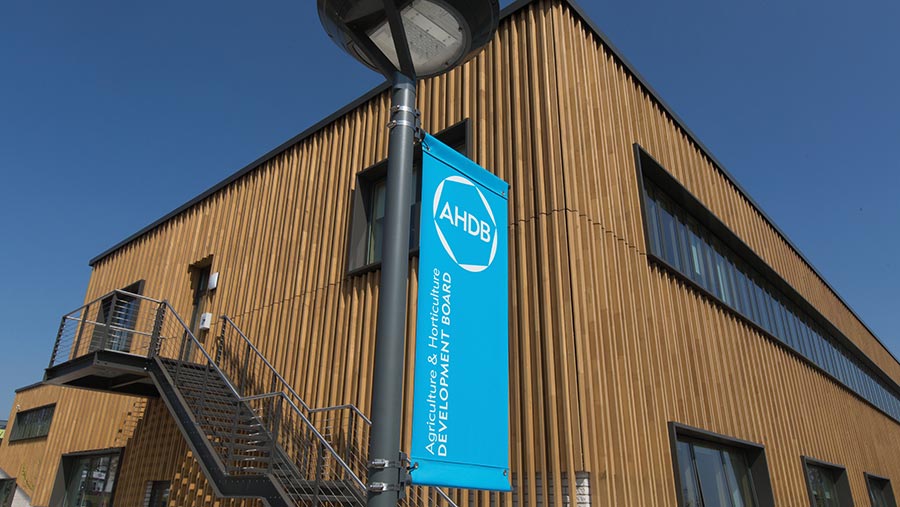Editor’s view: AHDB will become pointless without more cash
 © Tim Scrivener
© Tim Scrivener Can Napoleon be blamed for UK farmers being poor at working together?
That’s the hypothesis David Richardson makes in his book, In at the Deep End.
He notes the civil law that the tiny emperor ushered in decreed, upon the death of a landowner, that the land had to be divided equally between their offspring.
This kept French landholdings small and unprofitable and meant working together was not just a virtue, but a necessity.
See also: AHDB seeks more funding after ‘near death experience’
On this side of the channel – in the era when thumping the French was something of a national pastime – we chose to do things a touch differently, allowing farms to pass to one heir, and holdings to consolidate and grow in size.
It is perhaps for this reason, above all others, that the AHDB is like a supermarket sandwich: tolerated by many but only loved by a few.
Farmers here are a largely independent-minded bunch who do not see the same value in grouping together for their mutual benefit on independent research, the promotion of trade and a plethora of other worthy-but-sometimes-dull obligations.
This makes the levy board’s request for a significant increase in contributions a tough sell.
Hindsight is a wonderful thing, but it would have been significantly easier if it had been done in smaller, more regular doses rather than with the very large pill they are now hinting they would like farmers to swallow.
But here we are. And it is not unfair to say that to many the AHDB appears to be an organisation in retreat after a number of setbacks in the past few years.
First the horticultural and potato lot packed their bags and left after feeling they weren’t getting value for money (although there are now hints of remorse in some quarters).
Then, as inflation ramped up, the effects of a static income must have contributed to the departure of a slew of the levy body’s most recognisable staff members who left for more attractive opportunities in the private sector.
To add insult to injury, the AHDB even had a fire in its headquarters.
Still, it was startling to hear incoming Cereals and Oilseeds board chairman Tom Clarke describe the organisation’s past few years as a “near-death experience”.
No doubt he’s right, though; and with a 40% erosion in its spending power over the past decade, it is still on life support.
With a 40% erosion in its (the AHDB’s) spending power over the past decade, it is still on life support
Farmers Weekly clearly does not pay any levy itself, so we do not have a dog directly in this fight and I am reluctant to call outright for you to spend more of your money.
After all, as a prominent farmer noted to me this week at the Cereals event, it is already the most expensive subscription farmers pay – and they don’t enjoy inflation-adjusted income either.
And it will be for the AHDB to make the case about what it needs more money for and how smartly it will deploy it on your behalf.
Asking farmers to foot the bill is not the only route. Other countries with similar setups have government match-fund the amount that farmers contribute.
But from where I am sitting it feels as if a genuine crossroads has been reached.
The industry should either have a muscular, well-funded AHDB that can properly fulfil all of its statutory obligations or it should not bother at all.
Continuing to take money out of farmer’s pockets at the current rate and watch it wither away feels like a waste of time and resource.

